Sociology Faculty
-
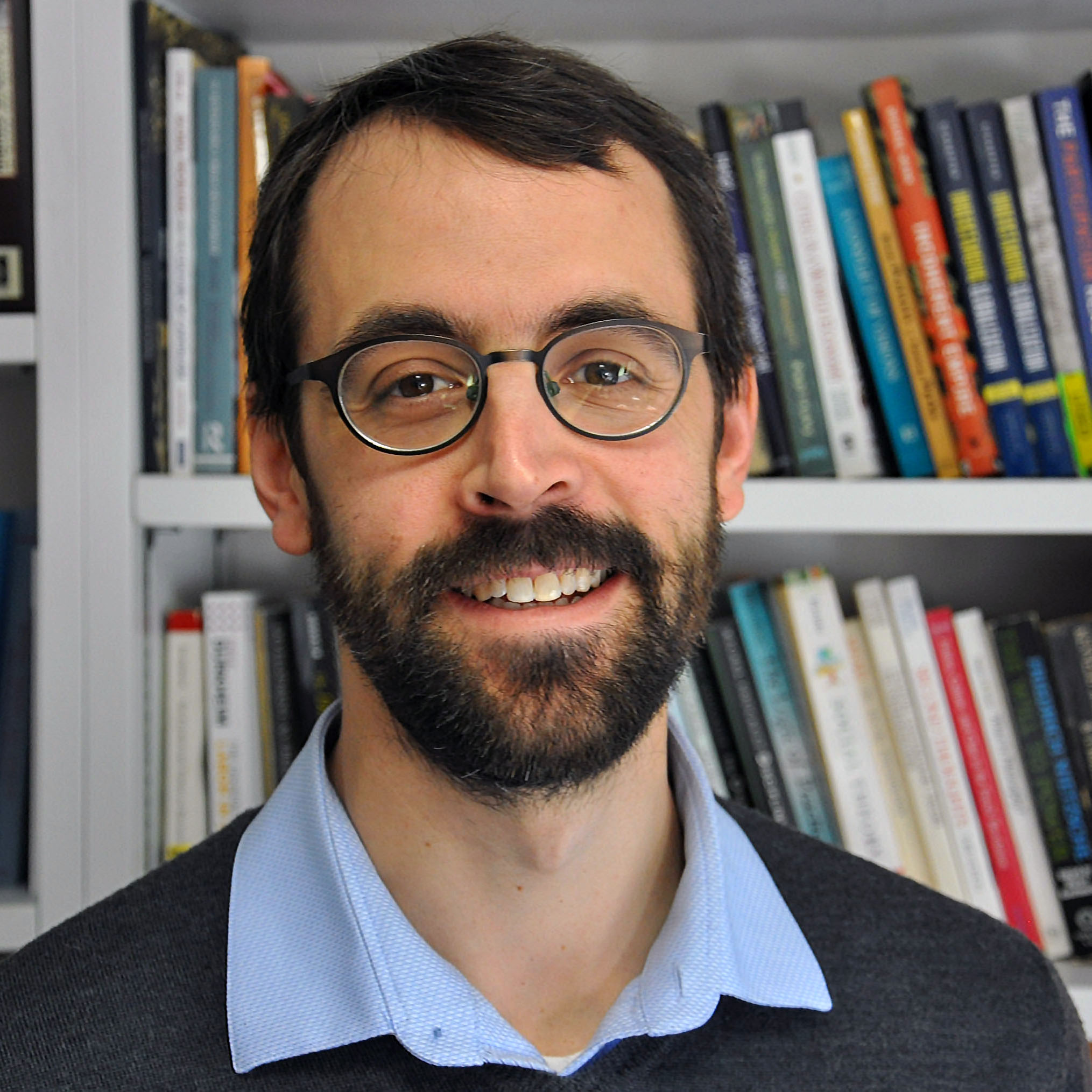 Peter Klein, DirectorAssociate Professor of Sociology; Director, Sociology Program
Peter Klein, DirectorAssociate Professor of Sociology; Director, Sociology Program
Office: Seymour 306
845-758-7218 | [email protected]
Peter Klein, Director
Associate Professor of Sociology; Director, Sociology Program
Office: Seymour 306
845-758-7218 | [email protected]
BA, Drew University; MA, PhD, Brown University.
Professor Peter Klein’s teaching and research focus on urban studies, environmental sociology, globalization and development, political sociology, and qualitative methods. He is engaged in research and community-based projects in both the United States and Brazil.
Professor Klein’s research in Brazil focuses on public participation, urban and environmental change, and collective action in both Amazonia and Rio de Janeiro. His award-winning book manuscript, Flooded: Development, Democracy, and Brazil’s Belo Monte Dam (Rutgers University Press, 2022), provides an ethnographic account of the societal effects of the state’s attempt to mitigate the negative impacts of one of the world’s largest hydroelectric facilities with extensive social and economic resources.
Professor Klein continues to carry out research in the Brazilian Amazon, and his work extends to Rio de Janeiro. Currently, he is using ethnography, archival work, interviews, oral histories, and participatory action methods to explore the history and contemporary struggles of the fishers of Complexo da Maré, the largest conglomeration of favelas in Rio. His project, “The Favela and the Sea: Fishing, Urbanization, and Environmental (In)Justice,” is supported by a Fulbright Scholar Award and a Franklin Research Grant from the American Philosophical Society. He also engages with scholars, activists, and artists based in the city and the Global North, in efforts to reframe stigmatized understandings of Rio’s favelas, carry out research on environmental inequality, democratize academia, and rethink how knowledge is produced. Since 2019, Professor Klein has been doing much of this work through Maré from the Inside, a visual and textual exhibit.
Professor Klein also engages in teaching- and community-based participatory research and engagement in the United States on civic participation, environmental inequality, and housing insecurity. He cares deeply about student engagement in the world beyond the classroom, so that they can see the value of the ideas they learn in courses and apply them to civic and political work that matters to them. Through his courses and special projects, he works with students to actively participate in efforts in local communities, particularly the city of Kingston, that address environmental, housing, and other social justice issues.
Professor Klein’s published work appears in the Journal of Peasant Studies, Latin American Research Review, and American Journal of Sociology, among other academic journals. He is also coauthor of The Civic Imagination: Making a Difference in American Political Life (2014). -
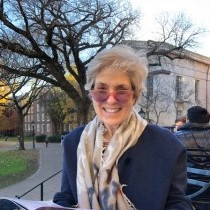 Karen BarkeyCharles Theodore Kellogg and Bertie K. Hawver Kellogg Chair of Sociology and Religion
Karen BarkeyCharles Theodore Kellogg and Bertie K. Hawver Kellogg Chair of Sociology and Religion
Office: Hopson 201
Email: [email protected]
Karen Barkey
Charles Theodore Kellogg and Bertie K. Hawver Kellogg Chair of Sociology and Religion
Office: Hopson 201
Email: [email protected]
Karen Barkey’s research has been engaged in the comparative and historical study of the state, with special focus on its transformation over time. Her work has explored state society relations, peasant movements, banditry, and opposition and dissent organized around the state. Her main empirical site has been the Ottoman Empire, in comparison with France and the Habsburg and Russian Empires. She also pays attention to the Roman and Byzantine worlds as important predecessors of the Ottomans. Her book Empire of Difference (Cambridge University Press, 2008) explores issues such as diversity, the role of religion in politics, Islam and the state as well as the manner in which the Sunni-Shi’a divide operated during the tenure of the Ottoman Empire—topics that remain relevant today. Barkey, who was born in Istanbul, is also coauthor of Choreography of Sacred Spaces: State, Religion and Conflict Resolution (Columbia University Press, 2014), which explores the history of shared religious spaces in the Balkans, Anatolia, and Palestine/Israel, regions once under Ottoman rule. Recent publications include Negotiating Democracy and Religious Pluralism: India, Pakistan and Turkey (Oxford University Press, 2021) and Shared Sacred Sites: A Contemporary Pilgrimage (City University of New York Publications, 2018). Barkey was awarded the Germaine Tillion Chair of Mediterranean Studies, IMéRA, Marseille for 2021–2022, and has served as professor of sociology at the University of California, Berkeley; Haas Distinguished Chair of Religious Diversity at the Othering and Belonging Institute; director of the Center for the Study of Democracy, Toleration, and Religion; and codirector of the Berkeley Center for the Study of Religion. She also taught at Columbia University, where she was director of the Institute for Religion, Culture, and Public Life. BA, Bryn Mawr College; MA, University of Washington; PhD, University of Chicago. At Bard since 2021.
www.karenbarkey.com
-
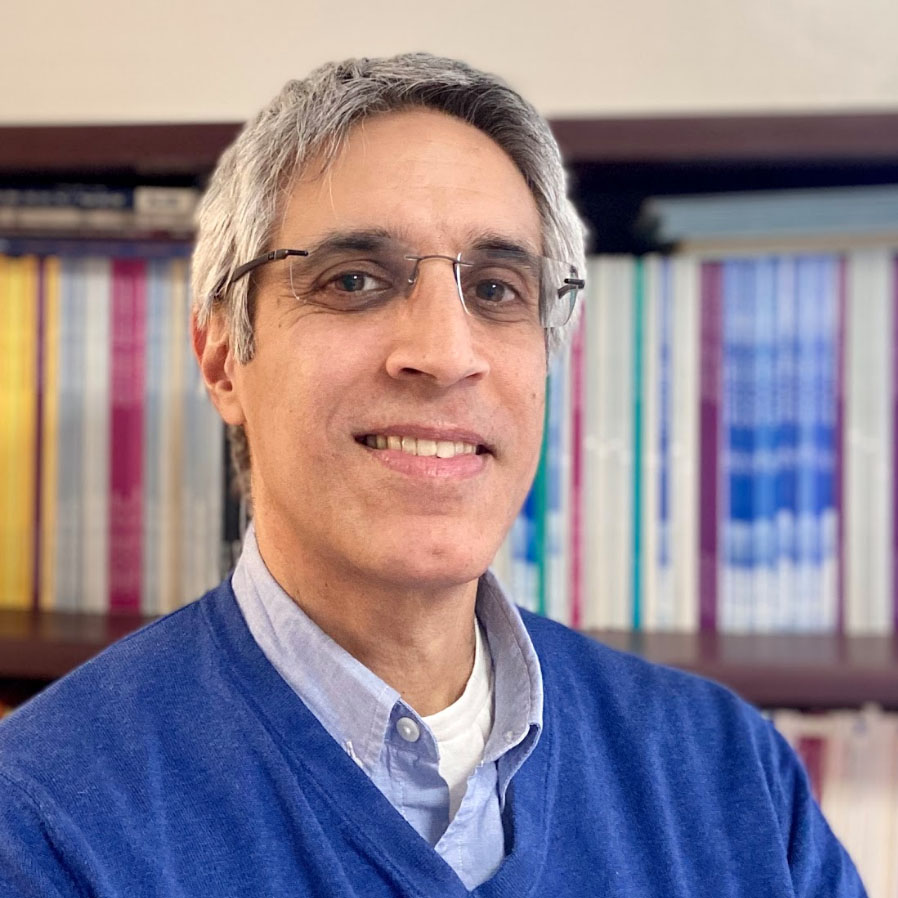 Yuval ElmelechAssociate Professor of Sociology; Research Associate, Levy Economics Institute
Yuval ElmelechAssociate Professor of Sociology; Research Associate, Levy Economics Institute
Office: Seymour 304
845-758-7547 | [email protected]
Yuval Elmelech
Associate Professor of Sociology; Research Associate, Levy Economics Institute
Office: Seymour 304
845-758-7547 | [email protected]
Associate Professor of Sociology; Research Associate, Levy Economics Institute
BA, MA, Tel Aviv University; PhD, Columbia University.
Yuval Elmelech’s research interests include social stratification, race, ethnicity and immigration, poverty, and housing inequality. His recent book Wealth (Polity Press, 2021) illuminates the various, often elusive, ways in which personal wealth is accumulated and unevenly distributed. Blending theoretical approaches with empirical evidence, the book describes how wealth trajectories over the life course, and across generations, are shaped by powerful macro- and meso-level forces that include multiple markets, changing demographic landscapes, and persistent inter-group wealth disparities.
Publications also include Transmitting Inequality: Wealth and the American Family (Rowman and Littlefield, 2008), book chapters, and journal articles in Social Forces, Social Science Research, Sociological Inquiry, and Housing Studies, among others.
He teaches courses on social inequality, the sociology of the family, Israeli society, quantitative research methods, and contemporary social problems. -
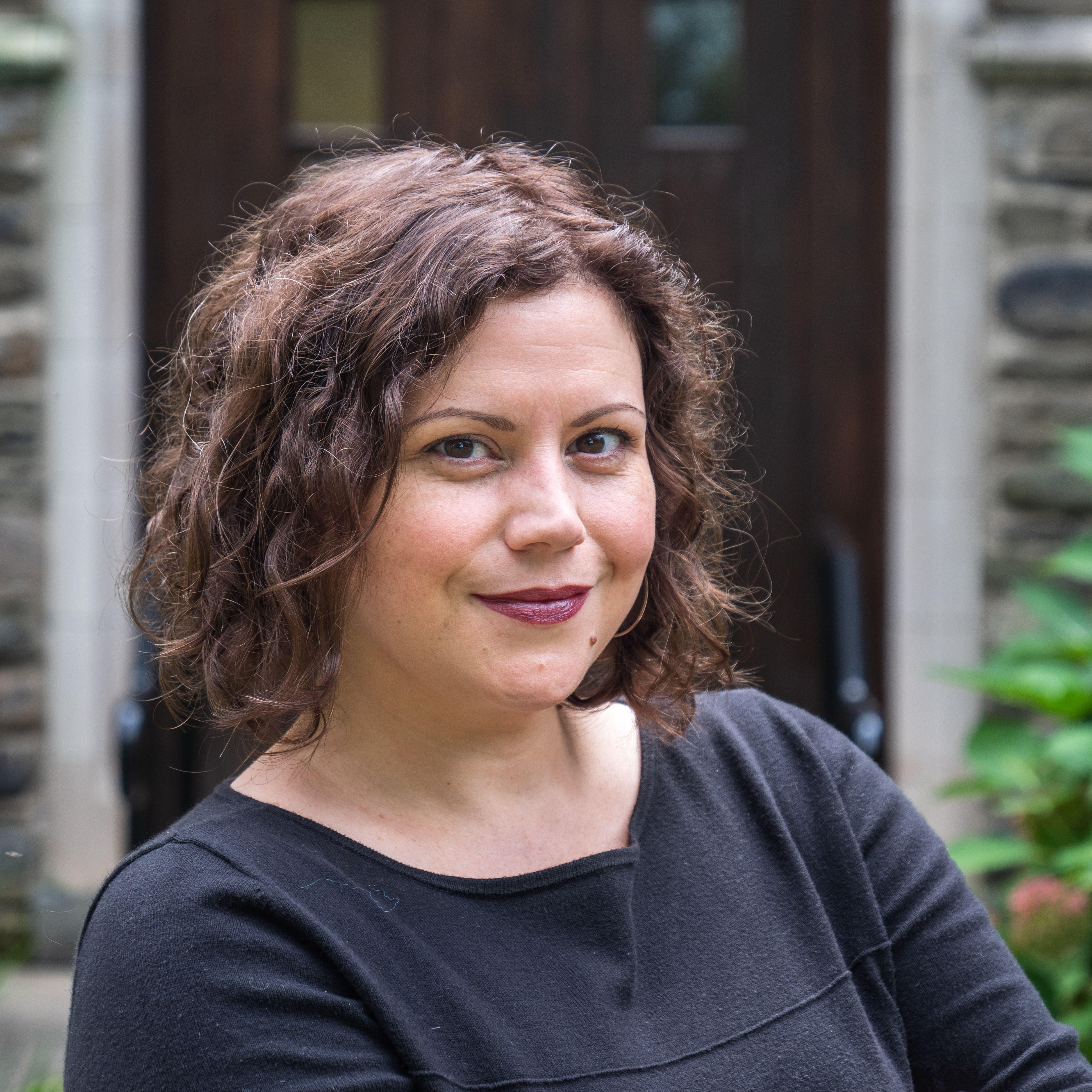 Allison McKimAssociate Professor of Sociology
Allison McKimAssociate Professor of Sociology
(On Sabbatical Spring 2025)
Office: Seymour 302
845-758-7899
Email: [email protected]

Allison McKim
Associate Professor of Sociology
(On Sabbatical Spring 2025)
Office: Seymour 302
845-758-7899
Email: [email protected]
BA, Barnard College; MA, PhD, New York University.
Professor Allison McKim specializes in gender, punishment & social control, criminology, the welfare state, and ethnographic research. She is particularly interested in the role of gender in the criminal justice system, social policy, and law.
Her recent book, Addicted to Rehab: Race, Gender, and Drugs in the Era of Mass Incarceration (Rutgers University Press), is an ethnographic comparison of two drug treatment programs for women, one in the criminal justice system and one in the health care system. In these rehabs, she found two very different ways of defining and treating addiction. McKim’s book shows how addiction treatment reflects the race, class, and gender politics of mass incarceration. As a result, addiction has become a racialized category that is serving to reorganize the link between punishment and social welfare provision. While reformers hope that treatment will offer an alternative to punishment and help empower women, McKim argues that using the concept of addiction to understand social problems further stigmatizes criminalized women and undermines our capacity to challenge gender inequality. Her study ultimately reveals a two-tiered system of social control, bifurcated by race and class. Prof. McKim's research has also appeared in the journals Gender & Society and Signs. She teaches courses on gender; sexuality; punishment, prisons, and policing; deviance and crime; governance and the welfare state; drugs and society; and qualitative research.
Professor McKim's Academia.edu Page
Professor Allison McKim CV -
 Jomaira Salas Pujols
Jomaira Salas Pujols
Jomaira Salas Pujols
Jomaira Salas Pujols is an Assistant Professor of Sociology at Bard College whose research sits at the intersection of race, place, gender, and education. Her current book project Black Girls Journeying examines how Black girls draw on their movement through place to identify and challenge educational injustice— a concept she theorizes as “journeying.” In this manuscript, Professor Salas Pujols argues that Black girls’ emplacements in multiple spaces of learning (such as schools, afterschool programs, and social media) provides them with the insights, language, and tools to challenge policies and practices that harm them. This research has been published in the Youth & Society journal and has been supported by the National Science Foundation and the Ford Foundation. Professor Salas Pujols’ other research interests include the study of Afro-Latina girlhood, Black girls’ perceptions of school dress codes, and the racialized legacies of punishment in school. She teaches courses on race and ethnicity, the sociology of children and youth, education, and Black girlhood studies.
Outside of her scholarly work, Professor Salas Pujols is also an experienced youth worker and community-based workshop facilitator. She is also a founding member of the Black Latinas Know Collective. -
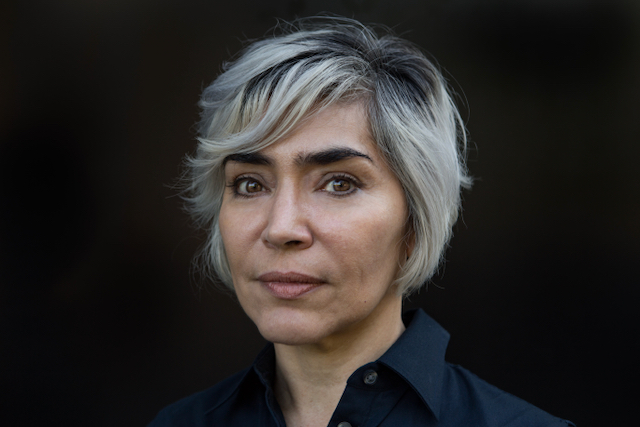 Jussara dos Santos Raxlen
Jussara dos Santos Raxlen
Jussara dos Santos Raxlen
BA SUNY Empire State University; MMA MPhil, PhD, The New School for Social Research.
Jussara dos Santos Raxlen’s research explores the relationship between knowledge systems (e.g., cultural, “subaltern,” hegemonic, scientific, political, and bureaucratic) and power. She is interested in the politics and ethics of various forms of knowing and ordering the world and how they may burden, complicate, or facilitate social relations across differences. Her current research focuses on the problem of how to provide long-term care for the very old in the “aging in place” era in the US, examining how the state, the long-term care industry, various eldercare experts and professionals, and civil society organizations understand and address the issue. Her inter-institutional approach points to conflicting philosophies, incommensurable logics, contradictory practices, as well as possibilities for change. She argues that, together, policymakers and civil society need to develop more empirically grounded and, thus, nuanced understandings about place/space, time, care, welfare, life, and death if we are to narrow the gap between what is a precarious present for many and a future where everyone has a chance to live and die with dignity.
Complementing this research agenda, Jussara’s teaching interests include medical sociology, sociology of knowledge, work and occupations, the body, sex/gender/sexualities, deviance, sociological theory, feminist and queer theorizing, care/caregiving, and ethnography. In addition, based on her experiences as a theatre performer and social theatre practitioner in Brazil, Europe, and Lesotho, Jussara welcomes opportunities to use socially engaged art forms as critical tools in participatory action research (PAR) projects that seek to produce collective knowledge, social analysis, and social change – inside and outside of the academy. -
Emeritus Faculty:Michael Donnelly, Professor Emeritus of Sociology
Joel Perlmann, Professor Emeritus
Emeritus Faculty:
Michael Donnelly, Professor Emeritus of Sociology
Joel Perlmann, Professor Emeritus
Professor Emeritus of Sociology
AB, Harvard College; PhD, Birkbeck College, University of London.
Member, School of Social Science, The Institute for Advanced Study (1990–91). Research grants: National Library of Medicine (National Institutes of Health) and American Council of Learned Societies. Author of Managing the Mind: A Study of Medical Psychology in Early Nineteenth-Century Britain (1983), The Politics of Mental Health in Italy (1992), and book chapters, articles, and reviews in History of the Human Sciences, Economy and Society, Contemporary Sociology, American Journal of Sociology, and others. Coeditor, Corporal Punishment in Theoretical Perspective (2005).





